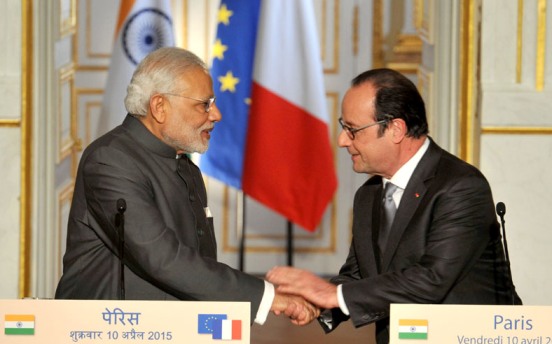
By Ritu Mousumi Tripathy
New Delhi, it seems, has played the highest political gamble. By surpassing all the complex procurement procedures and years of excruciating negotiations without any end result, the Government has finally chosen the "middle path" -- to acquire 36 Rafale multi-role fighters from the French Dassault Aviation through a Government-to-Government (G-2-G) deal.
The decision to buy the 36 Rafales was announced by Prime Minister Narendra Modi during his official tour of France on April 10. All the new fighters will be bought in fly-away condition at an estimated cost of US$4 billion and are expected to be inducted in the Indian Air Force (IAF) within the next two years.
While the "quick fix" formula to acquire the French fighters is being criticised by many for the reason that it will not allow the state-run Hindustan Aeronautics Ltd. (HAL) to gain any technological dividend (as would have happened had India opted for the jets through the original MMRCA route with HAL getting the licence permit to build 108 out of the 126 jets in its facilities), many others are welcoming the decision on the ground that it has allowed India to gracefully exit the long-drawn out MMRCA process without any tangible results.
The decision has also paved the way for the swift induction of the four+ generation warplanes into the IAF which has been struggling with depleting force levels.
Even as negotiations for the newly-clinched deal would start at the Government level soon along with final pricing and other related issues, the decision at the highest political level is likely to have a long-standing bearing on many other future military procurement programmes India plans to make in the coming years.
The first and foremost being the flexibility to acquire new-generation fighters for the IAF in future to maintain the required force levels. Even as the options are many, India has clearly stated the obvious -- to gain the maximum in terms of technology while optimally utilising the money set aside for defence needs.
While opting out of the MMRCA, India will now weigh the best available and possible option -- whether to go for more Rafales with Transfer of Technology clause or choose a Russian four+ generation fighter (the new Su-35 on offer or additional Su-30s) or wait for the futuristic Fifth Generation Fighter Aircraft (FGFA) it plans to build in partnership with Russia or rather opt for the home-built light combat aircraft (LCA) Tejas.
Several military experts have opined in favour of continuing India's partnership with Russia for the FGFAs to gain the required technical expertise to build the futuristic Advanced Medium Combat Aircraft (AMCA) under the auspices of DRDO.
As New Delhi is increasing its defence expenditure for all the new military acquisitions and upgrades, it calls for farsightedness on the part of the Government to judiciously spend the money on such purchases.
While both Russia and France, battling financial crunch, have been pushing their respective fighter platforms for induction in the IAF, it is now up to New Delhi on how to extract the maximum benefit out of such a strategic deal wherein many more new warplanes will be inducted in the country's Air Force in the coming years.
The second positive outcome pertains to the other deadlocked defence programmes India is currently pursuing with France. One of them is the stalled short-range surface-to-air missile (SRSAM) project and India's leeway in getting all the necessary critical technology from France in this regard.
And not to mention here is the long-delayed P-75 Scorpene submarine project being led by French shipbuilder DCNS in partnership with the Mazagon Docks Ltd. and New Delhi's close watch on the same with strict delivery timelines.
India's order for the Dassault-built Rafale jets has come at a very crucial time when the French fighter is struggling for its survival and hardly clinching any export deals except the recent one with Egypt for 24 of the fighters.
While New Delhi has officially scrapped MMRCA -- the "mother of all deals", its decision to acquire the Rafales has given the French warplane an urgent breath of life.
And in return has re-established France as the new strategic partner of India.
It is now to be seen how serious and wilful Paris is in contributing towards the larger "Make-In-India" programme of New Delhi in the best possible way.
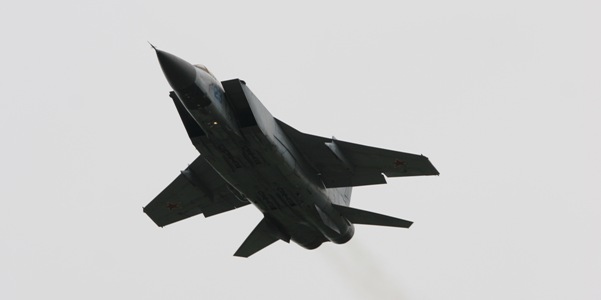 Previous Article
Previous Article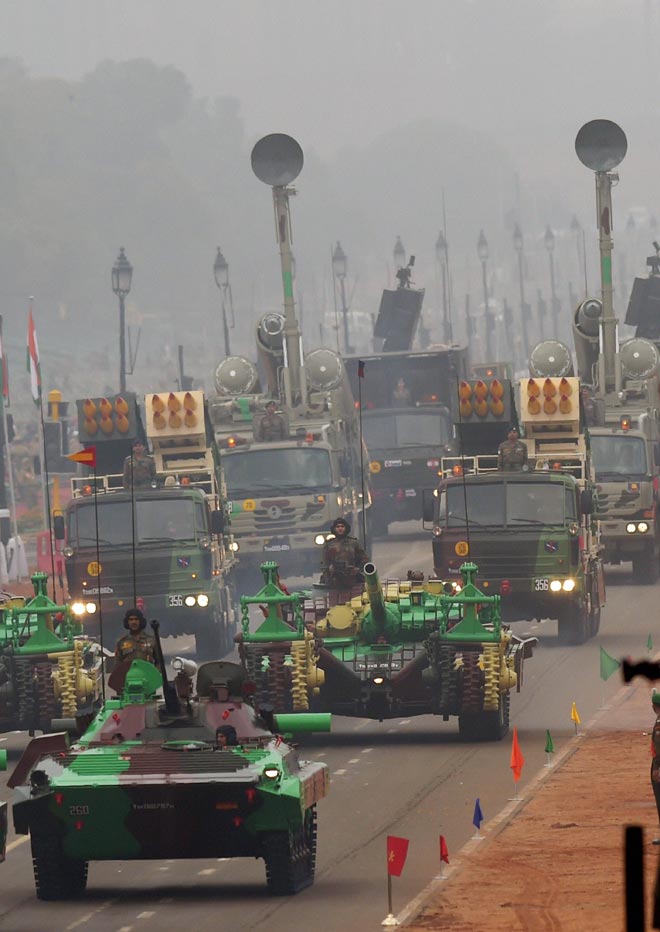 Next Article
Next Article
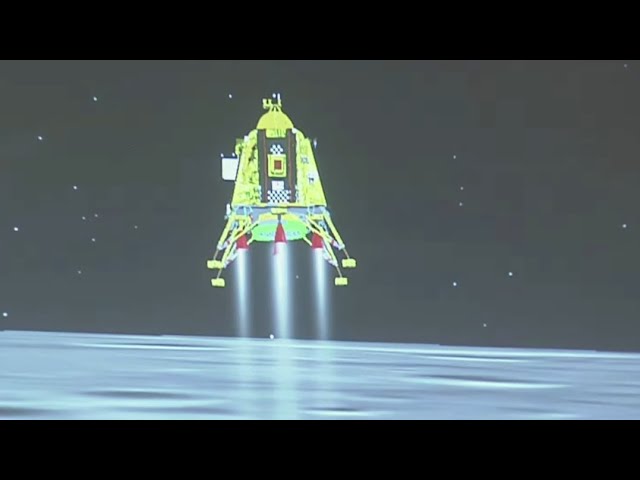
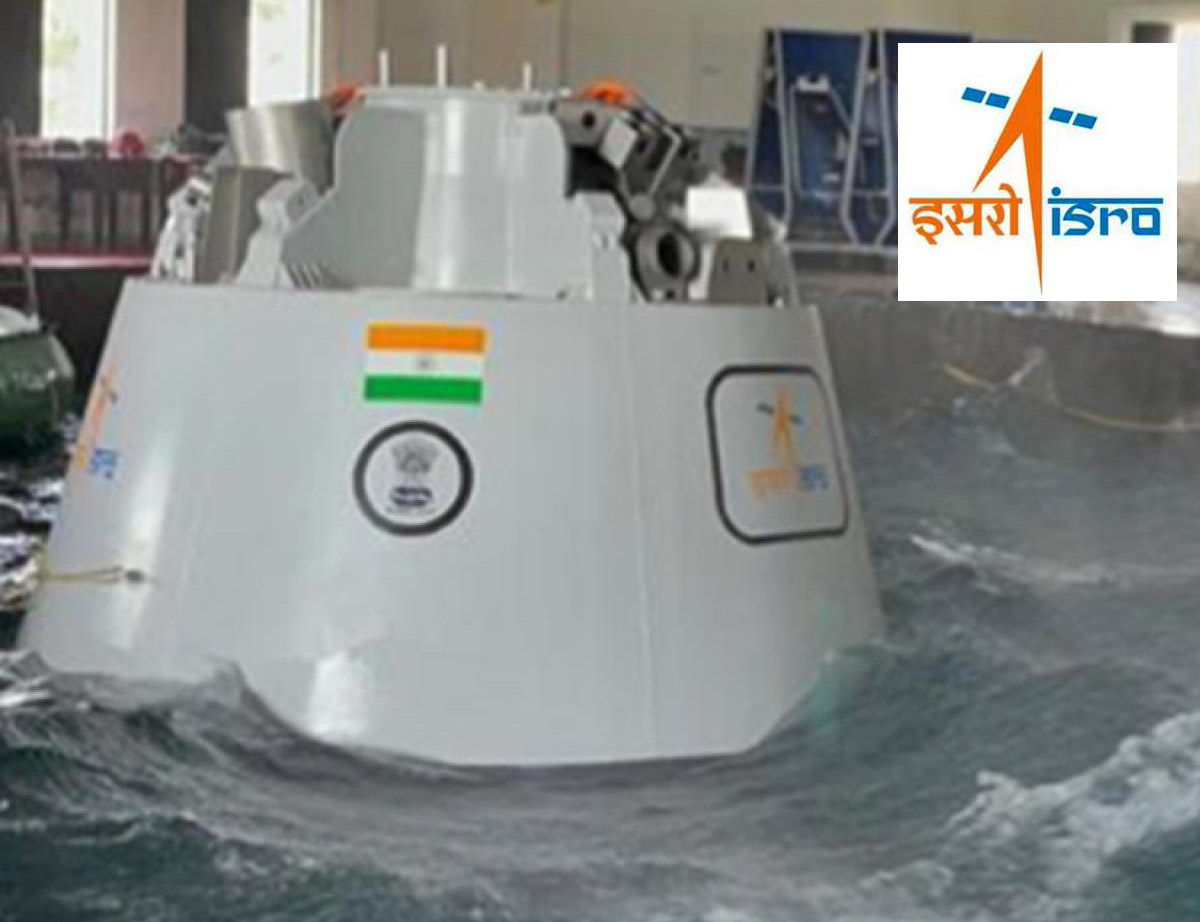
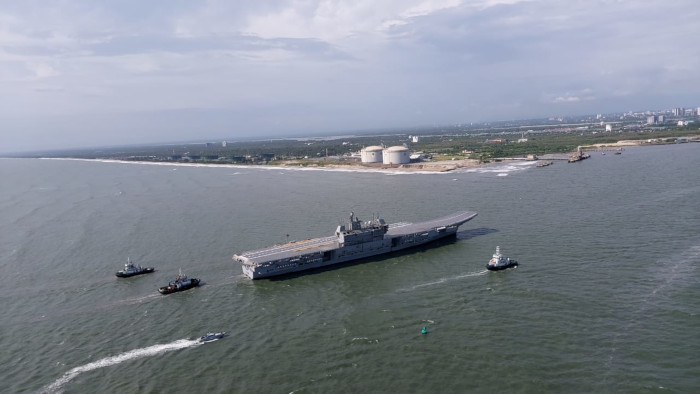









The Indian Air Force, in its flight trials evaluation report submitted before the Defence Ministry l..
view articleAn insight into the Medium Multi-Role Combat Aircraft competition...
view articleSky enthusiasts can now spot the International Space Station (ISS) commanded by Indian-American astr..
view article